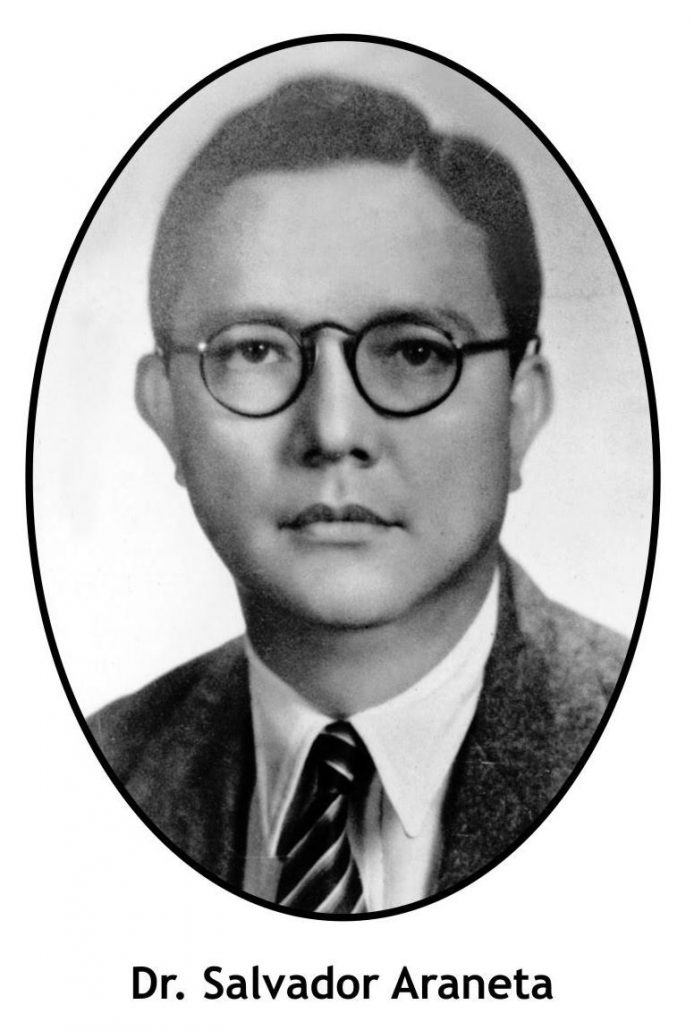 ARTICLE XVI, General Provisions, Section 3, of the 1987 Constitution declares that “the State may not be sued without its consent.”
ARTICLE XVI, General Provisions, Section 3, of the 1987 Constitution declares that “the State may not be sued without its consent.”
However the doctrine that the state may not be sued without its consent is not absolute. This is not a blanket provision that covers every case.
In the eighties, a young matron 16 was doing prison ministry. From her firsthand account, she narrates the following: “The cells made for 50 prisoners, housed more than 150. It was here where the prisoners developed a new normal for sleeping—standing up. Even under low benches, there were people. They were so tightly packed, that they had sores on their bodies due to heat rash. The 1.5 liter Coke plastic bottles served as their urinals. The smell was indescribable. Our civic-minded young lady said that the prisoners did not even have their day in court and were already disenfranchised.”
On May 2, 2017, a letter was sent to Mayor Joseph Estrada because a secret cell was discovered hidden behind a book shelf in a Manila Police Precinct. If such a cell exists in Manila, why not in other parts of the country? However, nothing came out of it, not even an acknowledgment reply.
The recommendations to Mayor Estrada contained in that letters were: the segregation of those who are accused of violation of drug laws into rehabilitation centers; transfer of those who have not yet had their day in court to half-way houses; the acquisition of more land space for use of the police as their station with proper facilities that have adequate ventilation for detainees, and with clean and properly functioning toilets; and the installation of CCTV in strategic areas in police precincts so that the actions of both police and detainees are properly recorded. Since the start of tokhang, 55 people have died in Manila Police Precinct.
Mayor Estrada may not be the head of the PNP but rampant violations of the Constitution should not exist in his territory. Take note that under the Constitution, secret cells are forbidden.
The Following provisions in the Constitution state clearly the rights of prisoners:
* Article III, Section 12, No. 2 – No Torture, forced, violence, threat, intimidation, or any other means which shall vitiate the free will shall be used against him. Secret detention places, solitary confinement, incommunicado, or other similar forms of detention are prohibited.
* Article III, Section 12, No. 4 – The Law shall provide for penal and civil sanctions for violations of this section as well as compensation to and rehabilitation of victims of torture or similar practices and their families.
Under the Constitution, “the authority of local executives over police units in their jurisdiction shall be provided by the law.” Have our law makers failed to enact the corresponding laws?
Article XVI General Provisions, Section 6 states, “The State shall establish and maintain one police force, which shall be national in scope and civilian in character, to be administered and controlled by a national police commission. The authority of local executes over the police units in their jurisdiction shall be provided for by law.”
The Constitution is not just a mere legal document. Who shall enforce it when no one else is doing so?
Under the same article, Sec. 5 (1) All members of the armed forces shall take an oath of affirmation to uphold and defend the Constitution.
This section goes further to say that (2) “The State shall strengthen the patriotic spirit and nationalist consciousness of the military, and respect for people’s rights in the performance of their duty,” while (3) declares “no member of the military shall engage directly or indirectly in any partisan political activity, except to vote.” (To be continued/PN)





